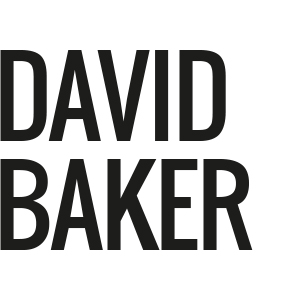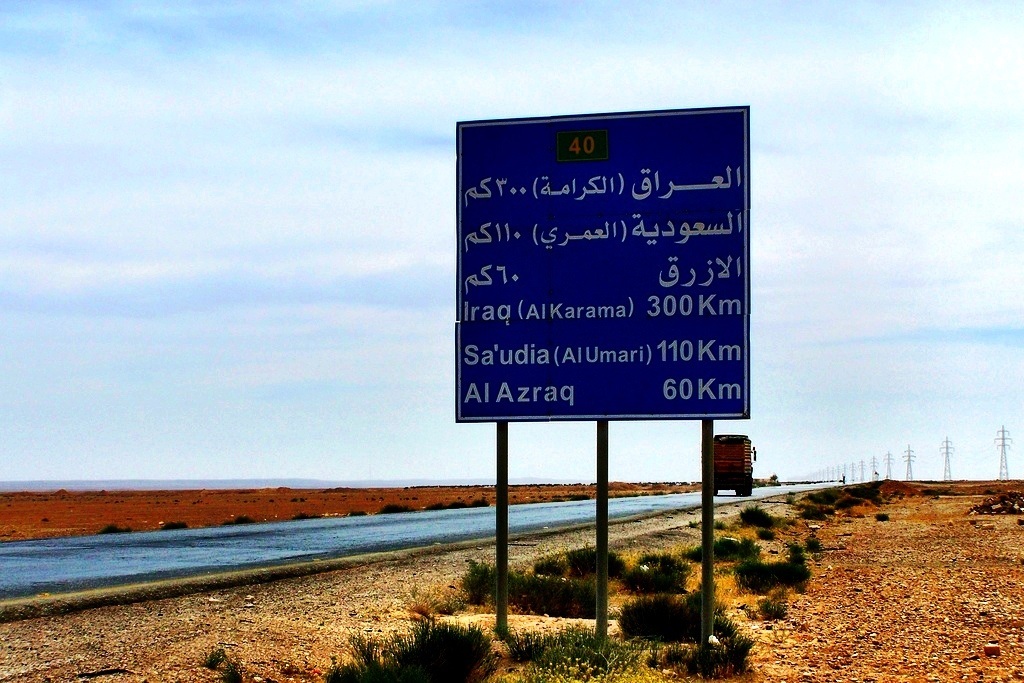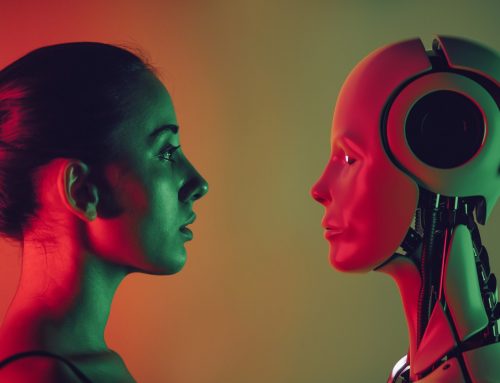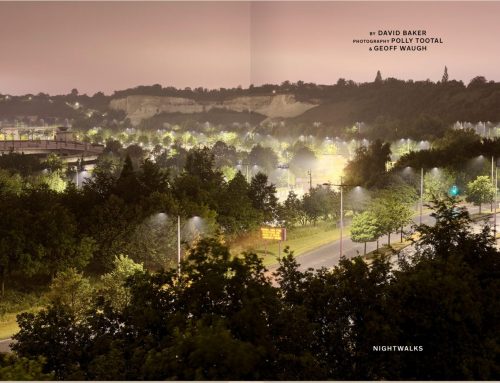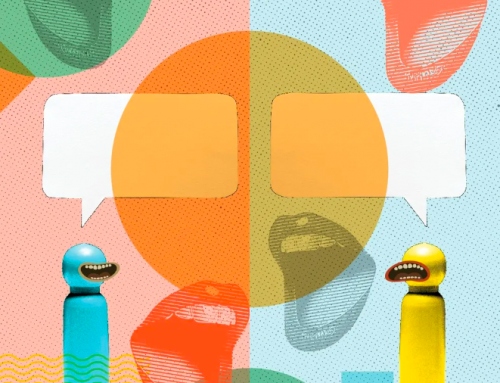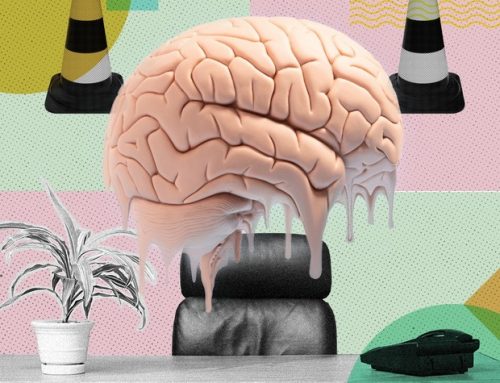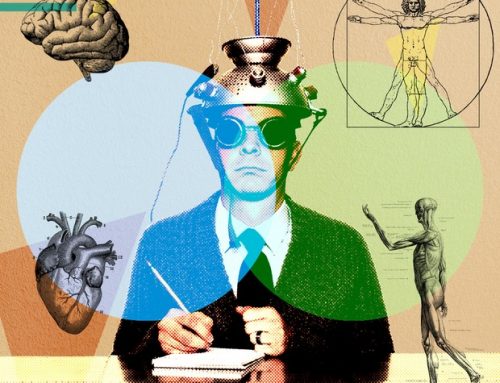How life can change in an instant
Arena, August 1999
At first, I thought a car had cut in front of us. Drivers were constantly switching lanes along the potholed dual carriageway that snaked through scrubby desert into downtown Amman.
It was late afternoon and, by the side of the road, street vendors were setting out their stalls for the evening rush. The sun was low in the sky but its heat was still intense. In the back of the bus I pulled the curtain across the window to catch some shade.
We were on the last day of a week-long visit to Jordan, eight Western journalists invited to tour the country in a bid to boost tourism, and we were returning to the capital for a night’s stopover before the early morning trip to the airport.
I was dozing in the back seat when the driver hit the brakes and, as my head bounced against the seat in front, I struggled to see what was going on. We had veered hard to the right and I thought the trouble was over until a passenger near the front let out a yelp and we heard a gentle thud, as if the bus had carelessly brushed something out of its way.
We had hit a child.
I turned round and pulled at the curtains that were covering the back window. A tiny figure was lying on the road, a little girl, about four or five years old and wearing blue jeans and a red top that had been bleached by the sun. A little boy and another girl, both roughly the same age, were standing over her, staring in confusion as if they were wondering why their plaything wasn’t working any more, as if she had run out of batteries.
Without speaking, they bent down and pulled her by her arms to the side of the road. Her body bounced along the ground like a rag doll. We had pulled over, and I watched as our driver, with the greatest gentleness, picked the little girl up off the tarmac.
We had spent the week with him, making conversation as best we could with his bad English and our worse Arabic, but we had never got to know him well. Now, as he carried the little girl in his arms, a tiny line of blood running down from her mouth, I saw on his face an appalled awareness – that, from this point on, his life would never be the same again, that he had killed another human being.
By now people were descending on us from all sides. Cars had stopped in the middle of the road. A woman jumped out of a Mercedes and started to hit our driver, shouting and crying until someone pulled her away. Someone else dabbed at the girl’s face with a tissue, wiping away the sweat from her forehead, as if the sun might still make her uncomfortable. A crowd of women and children rushed down an embankment from a settlement beyond to see what had happened.
The police came quickly. Someone had taken the girl away from our driver, and now he was being bundled into the back of the patrol car, where he sat, that dazed expression still on his face, the crowd banging on the window, until he was driven away.
Our guide had phoned for a substitute driver and, as we were driven away, I watched the crowd slowly disperse. I thought I would be shocked, but instead
I felt numb and useless. I wanted to do something, to be needed, but this was
a local matter, an Arab matter, and however well we had been welcomed to Jordan as Westerners, that small suburb of Amman was now out of bounds to us, closed for grief and reflection.
Under Jordanian law, when no one is at fault in an accident, it is for the families concerned to come to a settlement privately. When we asked what the girl’s family could reasonably demand of the driver, the answer was stark: a death in his own family, a tooth for a tooth – or if he was lucky, a sum of money that would somehow repay their loss. We organised a collection and, as crisp Jordanian dinars were stuffed into an envelope, it felt for the first time like we could make a difference.
But in our excitement, we forgot one thing. How much do you need to pay for the life of a little girl? Do you need more if she lived in Surrey rather than Amman? More if she was one of only two children rather than part of an extended Bedouin family? And, once you think about it, how much were the deaths on the Nine O’Clock News worth – the children starving on the plains of Africa? The Kosovar refugees? The soldiers in the Serbian army?
That night, as I went to bed, I didn’t want to think of it. But now, as I look back, I am embarrassed that I gave so little. I had spent more just the week before on an indifferent meal in a restaurant in central London.
The next morning, on the way to the airport, we passed the site of the accident. It was dawn and only a roadside tea-seller setting up his barrow for the day broke the stillness. I watched for a moment or two and, as he disappeared into the distance behind us, I began to cry – for the first time shedding tears for the little girl who, just 12 hours before, had set out from the little settlement over the embankment to play with her friends by the road.
